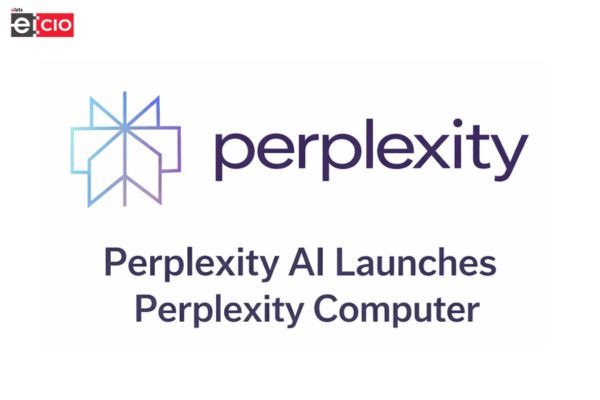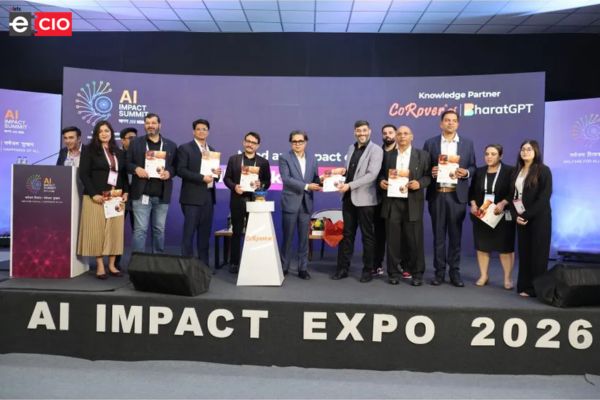
Generative AI has found its way into material science, with Microsoft Research unveiling MatterGen, an AI model capable of creating new materials with specific properties. This development represents a big change in the way scientists discover materials, streamlining a traditionally time-consuming process.
When researchers search for materials to improve batteries, computers, or methods of capturing carbon dioxide, they often spend countless hours in labs, testing combinations of elements. This approach is slow and comes with limitations. MatterGen aims to predict materials that don’t exist yet but have useful properties.
How MatterGen Works
MatterGen uses a diffusion architecture to generate atom types, coordinates, and crystal structures across the periodic table. According to research, it produces stable materials twice as effectively as previous methods. Additionally, the materials it creates are closer to their optimal energy states by a factor of 10.
The AI model works alongside a validation tool called MatterSim, creating an integrated system for discovering new materials. Researchers can fine-tune MatterGen to focus on specific properties while accounting for practical constraints.
In essence, MatterGen learns from existing materials. By studying thousands of examples, the model refines random starting points step by step to create stable material structures. Scientists can instruct MatterGen to design materials with properties like strength, magnetism, or lightness. If a specific type of material is needed, researchers can fine-tune the model with additional examples to narrow the focus.
Also Read :- TRG Datacentres Reveals AI Jobs That Can Define Careers in 2025
Why This is a Game-Changer
Laboratory testing can take years, but MatterGen delivers results in seconds. Not only does it save time, but it also proposes ideas that researchers might not consider. For example, during testing, MatterGen created magnets that didn’t rely on rare Earth elements—materials that are costly and challenging to source. It also suggested ways to improve energy storage in batteries.
The model generates novel materials tailored to specific needs. This capability opens doors to faster innovation in industries ranging from electronics to construction.
Tools like MatterGen can improve technology by speeding up the creation of sustainable, cost-effective materials. Better phones, stronger infrastructure, and cleaner energy solutions become more feasible when material discovery is no longer bound by the slow pace of lab experiments.
Be a part of Elets Collaborative Initiatives. Join Us for Upcoming Events and explore business opportunities. Like us on Facebook , connect with us on LinkedIn and follow us on Twitter.
"Exciting news! Elets technomedia is now on WhatsApp Channels Subscribe today by clicking the link and stay updated with the latest insights!" Click here!












